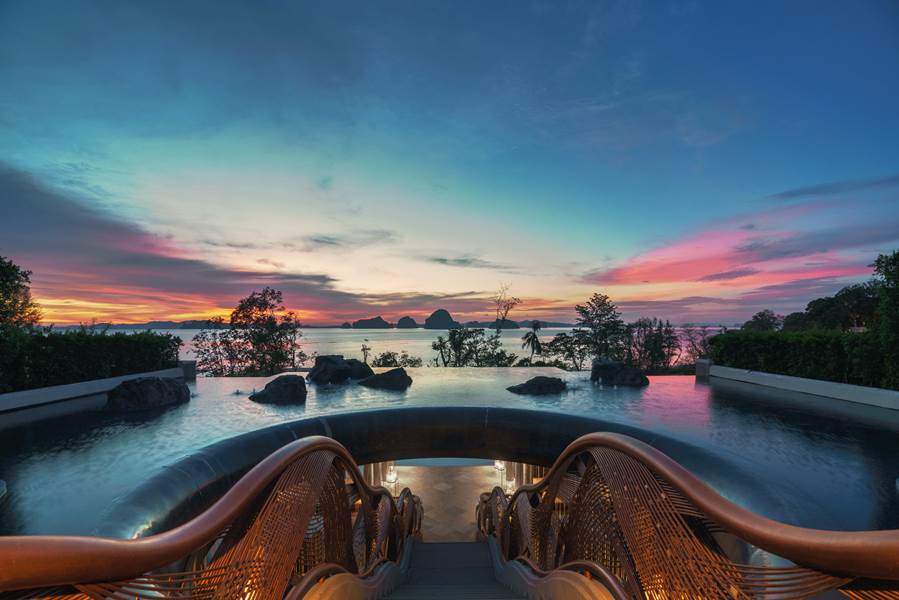Hotels across Asia Pacific launch wellness experiences for guests’ wellbeing
The underlying demand from health-conscious guests have encouraged hotels to think more creatively about the activities offered

In Asia Pacific, a study published on Hotel Online revealed that the hospitality industry has widely embraced the pandemic-induced emerging market for health and wellness tourism, offering more creative wellness activities from the usual spa offerings to entice guests who are now seeking to live a more healthy, active lifestyle.
The tourism industry, which was once a thriving and successful economic sector, is currently in distress as borders across the globe have been closed for more than a year and as local tourists opt to stay in the comfort of their own homes.
To encourage domestic tourism, local governments have introduced a range of deals and discounts, such as the “one night, one dollar” scheme in Thailand, reported TTG Asia.
Meanwhile, hotels have kicked up their marketing schemes a notch and have come up with distinctive wellness experiences, in hopes to draw in more health-conscious guests.
For instance, Meliá Koh Samui has started offering private Muay Thai classes led by “a seasoned Thai boxer who has been teaching boxing classes for more than a decade.” They are also offering an ‘Isolation Indulgence’ package for long-stay guests interested in staying at their deluxe room for 15 days, and taking advantage of their spa services and yoga sessions.
Meliá Koh Samui is under the Meliá Hotels and Resorts chain that has garnered several global awards, including the 2016 PropertyGuru Asia Property Awards (formerly South East Asia Property Awards) Best Landscape Architectural Design (South East Asia) accolade for Melia Ho Tram at The Hamptons (Vietnam).
Banyan Tree is another hotel chain that has taken part in this growing trend, redefining customer experience by offering “Wellbeing Sanctuaries that combine club floors or resort wings, and dedicated dining and spa options, into one exclusive journey.” Each of their resorts in China, Indonesia, Malaysia, Thailand, and Vietnam are currently developing a programme for their guests based upon their 8 Pillars principle of good sleep, good diet, interaction, intimacy, physical vitality, cultivating the mind, learning and development, harmony with nature, and sustained practices.
In 2011, the PropertyGuru Asia Property Awards (formerly South East Asia Property Awards) presented Ho Kwon Ping, the founder and executive chairman of Banyan Tree Group, the prestigious Real Estate Personality of the Year (South East Asia) award.
Despite the challenges faced by the hospitality industry during the pandemic, the global economic outlook is expected to continually improve and Asia Pacific hotels “should continue to attract capital as the hunt for yield continues,” reported The Hotel Conversation, citing data from Colliers.
Recommended
Why everyone is moving to Selangor and Johor: Malaysia’s real estate comeback
Malaysia’s upturn in fortunes is especially prevalent in secondary destinations such as Selangor and Johor
Penang’s silicon boom: How the US-China tech war is supercharging local real estate
Penang’s booming semiconductor industry has created ripples within the local real estate sector
New leader, new opportunities: How Hun Manet is shaking up Cambodia’s real estate game
Hun Manet is overseeing decent economic growth and widening access to the country’s real estate market for foreigners
Singapore embraces inclusive housing reforms amid resilient demand
The Lion City’s regulatory strength continues to exert appeal for international investors








